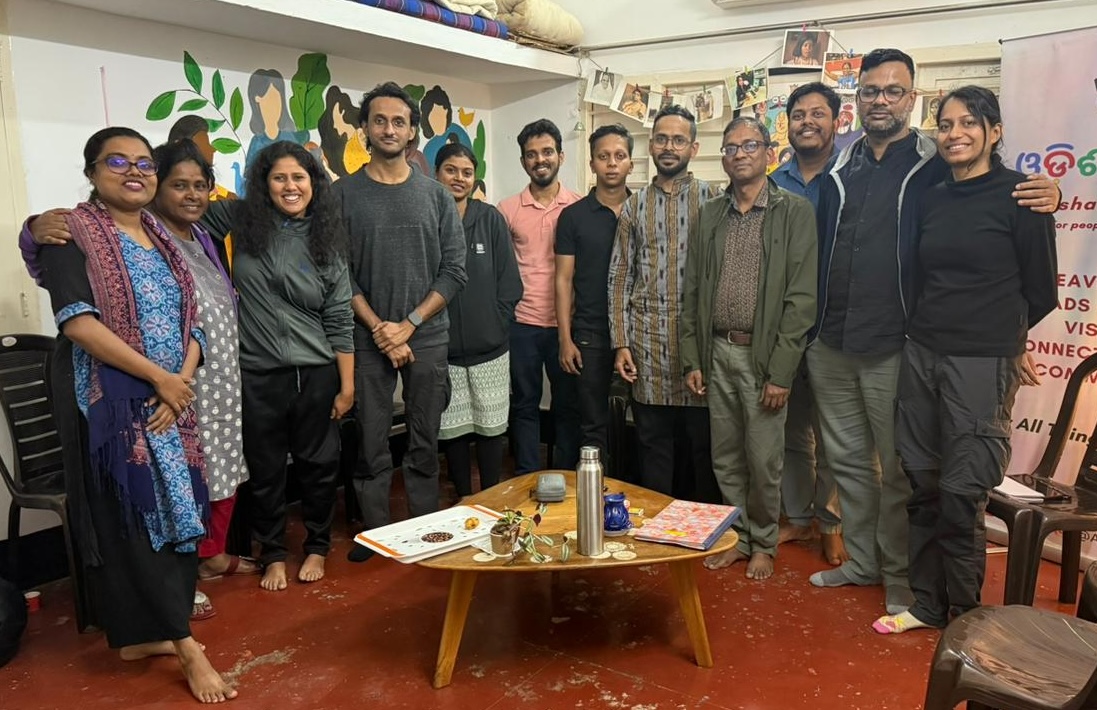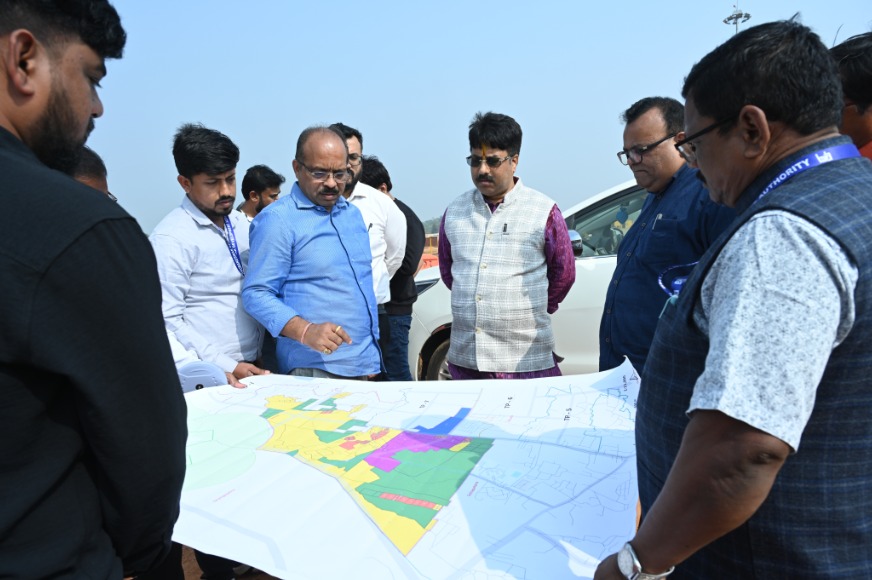New Delhi: The Union Cabinet on Thursday approved the much-debated ‘One Nation, One Election’ Bill, paving the way for a potential transformation in India’s electoral landscape. The legislation, aimed at synchronizing elections for the Lok Sabha and state Legislative Assemblies, is expected to be tabled during the upcoming Winter Session of Parliament.
According to the Centre, this initiative seeks to streamline electoral processes, enhance governance efficiency, and significantly reduce the financial and administrative burden of holding multiple elections at different times.
By allowing voters to cast their ballots for both national and state elections simultaneously, the government hopes to address issues arising from staggered elections, including prolonged electioneering, disruptions in governance, and excessive expenditure.
Prime Minister Narendra Modi has been a vocal advocate of the proposal, emphasizing the benefits of simultaneous elections in ensuring stability and continuity in policymaking. The High-Level Committee on Simultaneous Elections, chaired by former President Ram Nath Kovind, had earlier recommended aligning the electoral cycles of the Lok Sabha and state Assemblies, followed by local body polls within 100 days.
However, the Bill has sparked significant debate, with critics raising logistical and constitutional concerns. Congress leader Tariq Anwar remarked, “Ours is a federal structure in which it is not possible to implement ‘One Nation, One Election.’ All stakeholders must be taken into confidence before taking such a big decision.”
Opponents also highlight potential challenges, such as dissolving Assemblies prematurely or addressing situations where a state government collapses before its term ends.
Supporters of the Bill argue that it could herald a new era of governance by eliminating the cycle of perpetual elections. They believe that synchronized polls will reduce the burden on the Election Commission and free governments to focus on policymaking instead of campaign activities.
The Union Cabinet’s September approval of the proposal marked a significant step toward the introduction of this reform, but the debate over its practicality and implications is likely to intensify as the Bill moves through Parliament.
If implemented, ‘One Nation, One Election’ could fundamentally alter how elections are conducted in India, with far-reaching implications for its federal structure and democratic processes.





